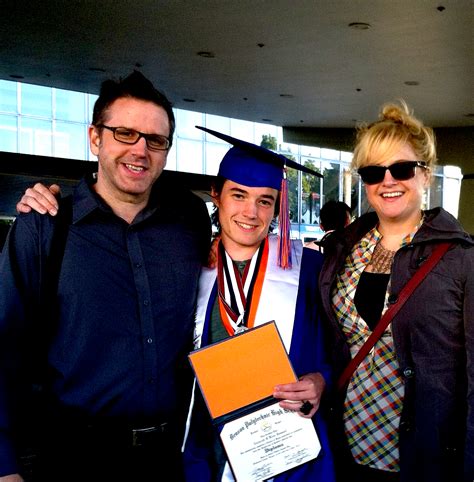A Quote by James McBride
First person narrative is a very effective tool but you have to know as a writer how to make it work.
Related Quotes
My first attempt at writing was very unstructured and formless, with shifting points of view. I was trying to understand how long form might work, and I realized I had something shapeless. It was a total car wreck. But I still felt I could pull it off. So I ditched that attempt and started writing in the opposite manner, in first person, with a driving narrative.
I think the first thing - if you want to be a writer - the first thing you need to do is write. Which sounds like an obvious piece of advice. But so many people have this feeling they want to be a writer and they love to read but they don't actually write very much. The main part of being a writer, though, is being profoundly alone for hours on end, uninterrupted by email or friends or children or romantic partners and really sinking into the work and writing. That's how I write. That's how writing gets done.
I’m not a violent person, Sydney. Not at all. I’ll make love over war any day. But I swear, if they’d hurt you—” “They didn’t,” I said firmly. I refused to let him know how scared I’d been because I was afraid he might go after them. “I’m fine. You came to the rescue.” A smile played at his lips. “Something tells me you would’ve rescued yourself.” And like that, the smile vanished. “But spirit would’ve been a lot more effective than a branch.” “Your treejitsu was very effective.
The tough decisions that a president has to make in the Oval Office are in no way related to the capability of a person to do well on television. On the other hand, the capability of a person to project favorably on television enhances that person's odds of being elected so he can serve in the Oval Office. So you can't ignore the talents, one, to be very effective on television, and on the other hand, to be very effective as an operating president.
I think that's true of real life - we don't ever know anyone completely. Secrets are very important to creating a narrative work that's believable. The characters come into that world with secrets, as happens to all of us. As honest as we try to be in our relationships, we can never completely know someone. From a narrative perspective it's very important and pleasing - you want to have those secrets there. The secret is an essential part of the creation of the novel.
I don't believe in doing thousands of cuts, then giving it to the editor to make the movie. 'Dump-truck directing' is my reference to that style of moviemaking. You have to know how to cut before you can shoot well. The lack of definition in movies today is appalling. Very few people know how to mount a narrative anymore. If a scene works in one cut, you don't need 10. Or it might need 10. Let's not make it 20.






































